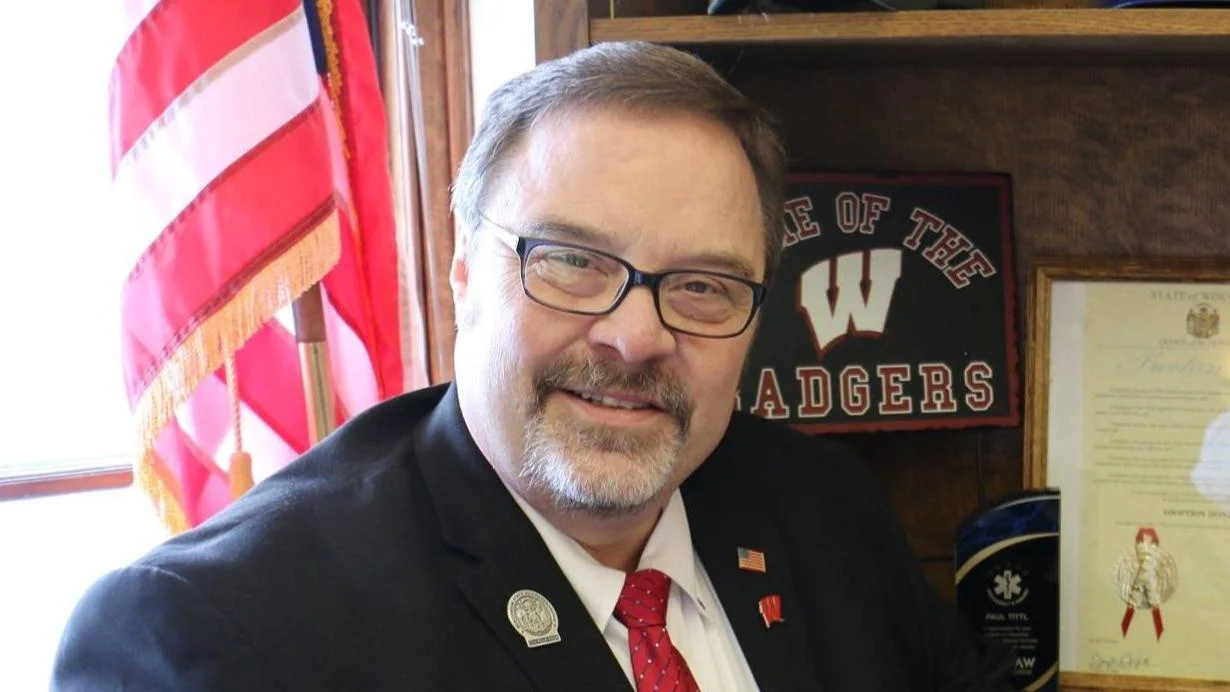Paul Tittl, Wisconsin State Representative of 25th District | Facebook
Paul Tittl, Wisconsin State Representative of 25th District | Facebook
According to the Wisconsin State Legislature's official website, the bill was described as follows: "grants to mental health clubhouses and making an appropriation. (FE)".
The following is our breakdown, based on the actual bill text, and may include interpretation to clarify its provisions.
In essence, this bill mandates the Department of Health Services to distribute grants to mental health clubhouses, defined as nonresidential rehabilitation programs offering support to individuals diagnosed or awaiting diagnosis for mental illnesses, without providing direct treatment. A clubhouse must include members diagnosed or awaiting diagnosis, be under treatment, and engage in fundraising to receive a matching grant of up to $50,000 per fiscal year. Additionally, membership in activities should be voluntary, and the clubhouse should have a distinct physical space and include members in operational roles. The program is allotted $300,000 annually, with the grant initiative ceasing after the fiscal year ending June 30, 2030. The bill becomes effective the day after publication or after the 2025 biennial budget act publication, whichever is later.
The bill was co-authored by Senator Rachael Cabral-Guevara (Republican-19th District), Representative Lindee Rae Brill (Republican-27th District), Representative Ryan M. Clancy (Democrat-19th District), Representative Angelina M. Cruz (Democrat-62nd District), Representative Barbara Dittrich (Republican-99th District). It was co-sponsored by Senator Melissa Ratcliff (Democrat-16th District), along seven other co-sponsors.
Paul Tittl has co-authored or authored another 38 bills since the beginning of the 2025 session, with none of them being enacted.
Tittl, a Republican, was elected to the Wisconsin State Assembly in 2013 to represent the state's 25th Assembly district, replacing previous state representative Bob Ziegelbauer.
In Wisconsin, the legislative process starts when a senator, constituent, group, or agency proposes an idea for a bill. After drafting, the bill is introduced, numbered, and referred to a committee for review and public input. If approved, it moves through three readings and votes in both the Senate and Assembly. Once both chambers pass the same version, the bill goes to the governor, who can sign it, veto it, or let it become law without a signature. Only a small share of bills introduced each session ultimately become law. You can learn more about the Wisconsin legislative process here.
| Bill Number | Date Introduced | Short Description |
|---|---|---|
| AB301 | 06/06/2025 | Grants to mental health clubhouses and making an appropriation. (FE) |
| AB178 | 04/15/2025 | Expanding the treatment alternatives and diversion programs. (FE) |
| AB92 | 02/28/2025 | Spinal cord injury research grants and symposia and making an appropriation. (FE) |
| AB80 | 02/28/2025 | Ratification of the Social Work Licensure Compact. (FE) |
| AB76 | 02/28/2025 | Creating an individual income tax deduction for certain income earned by an individual from the practice of psychiatry or from providing psychiatric or mental health services. (FE) |
| AB49 | 02/17/2025 | A minor’s authority to consent to health care |
| AB31 | 02/17/2025 | Repair and replacement of implements of husbandry under warranty |
| AB20 | 02/06/2025 | Allowing certain married persons to claim the earned income tax credit when filing a separate return. (FE) |

 Alerts Sign-up
Alerts Sign-up